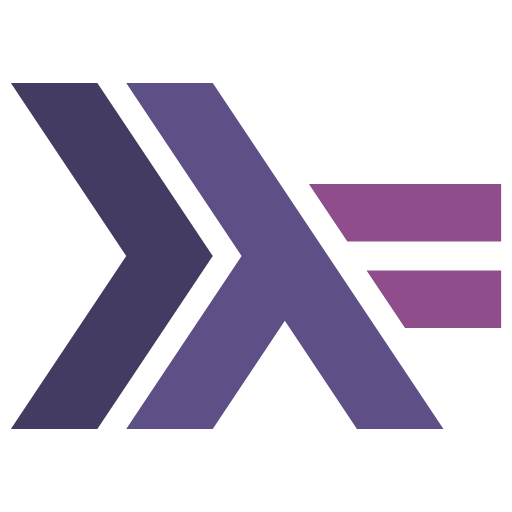jaror
All the side effects were never mentioned to me
I am innocent of uncontrolled abuse
- 24 Posts
- 6 Comments
Admittedly it gets more complicated when summing two things at the same time:
let Pair dnormMean dnormNormMean = fold (Pair <$> dimap (\(Pair _ dnormI) -> dnormI) (/ fromIntegral cc) sum <*> dimap (\(Pair normBti dnormI) -> normBti * dnormI) (/ fromIntegral cc) sum) $ map (\i -> Pair (((inp ! (off + i)) - meanBt) * rstdBt) ((weight ! i) * (dout ! (off + i)))) [0 .. cc - 1]float dnorm_mean = 0.0f; float dnorm_norm_mean = 0.0f; for (int i = 0; i < C; i++) { float norm_bti = (inp_bt[i] - mean_bt) * rstd_bt; float dnorm_i = weight[i] * dout_bt[i]; dnorm_mean += dnorm_i; dnorm_norm_mean += dnorm_i * norm_bti; } dnorm_mean = dnorm_mean / C; dnorm_norm_mean = dnorm_norm_mean / C;
The machine itself can generally only do very simple things
I disagree. Assembly languages for modern architectures are a complexity hell. You need books with thousands of pages to explain how they work. In comparison the lambda calculus is much simpler.
AP probably stands for ActivityPub

 1·1 year ago
1·1 year agoThe symbolic rewriting is interesting.
I do wonder what “modern-style” functional programming means.
Also their FAQ says:
But considering other FPLs like Haskell and ML, Pure’s library support isn’t bad
Clicking that link reveals a list of about 34 libraries. In comparison, Haskell’s current curated Stackage snapshot has 3340 packages in it (the total number of packages is probably more than 10x that). So, I think it is odd to claim its ecosystem is anywhere near Haskell’s.
The reason I want to follow that account is actually because I’m not seeing their posts, even though they use #haskell and I’m subscribed to that hashtag (and my magazine https://kbin.social/m/haskell is “subscribed” to that hashtag). Is there any way to get their posts to show up in the microblog?













Stream fusion does work:
data Stream a = forall s. Stream !(s -> Step s a) !s data Step s a = Yield a !s | Skip !s | Done data Tup a b = Tup !a !b cartesianProduct :: Stream a -> Stream b -> Stream (a, b) cartesianProduct (Stream step1 s01) (Stream step2 s02) = Stream step' s' where s' = Tup s01 s02 step' (Tup s1 s2) = case step1 s1 of Yield x s1' -> case step2 s2 of Yield y s2' -> Yield (x, y) (Tup s1 s2') Skip s2' -> Skip (Tup s1 s2') Done -> Skip (Tup s1' s02) Skip s1' -> Skip (Tup s1' s2) Done -> Done eft :: Int -> Int -> Stream Int eft x y = Stream step x where step s | s > y = Done | otherwise = Yield s (s + 1) fooS :: Stream (Int, Int) fooS = cartesianProduct (eft 0 10) (eft 0 10) toList :: Stream a -> [a] toList (Stream step s0) = go s0 where go !s = case step s of Yield x s' -> x : go s' Skip s' -> go s' Done -> [] foo :: [(Int,Int)] foo = toList fooS